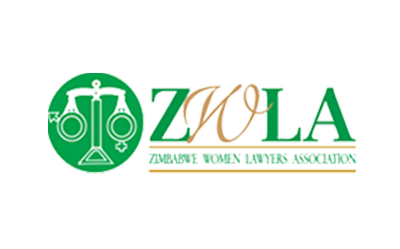
There is a misconception among many people that the term ‘ownership’ and ‘possession’ are interchangeable. Many a time women are left devastated and stranded after they discover that the house they have raised their family in never quite belonged to them; that in fact, it has always been the bank’s property. Even in death, the debts incurred by their partners over these properties do not vanish but like the ghost of disorganised spouse; they remain pending and making their presence known. After decorating and personalising the house, these people discover that there is a mortgage over the house and the bank has rights to seize that house which was surrendered as security for a loan- often unbeknownst to them.
The legal definition of ownership may be summarised as ‘the exclusive right over a thing carrying with it the exclusive right to use and control of that thing.’ Possession, on the other hand entails that while you may have control and use of that thing; you are not the rightful owner and that the owner if they so please or if the contract lapses may relieve you of that right to possess that property. The shelf-life of possession is much more fragile because all the decisions affecting that property are ultimately under the control of another. A physical example may be that one woman owns a few cows and leaves them in another woman’s kraal for a certain amount of time. They allow the second woman the right to milk these cows but not slaughter the cows for meat. It may seem like the second woman owns these cows since they are in her custody and she can milk them but the fact still remains; that the first woman is the owner and may come and take those cows when she wishes. Not only can she take them but she can sell them to another and does not require the consent of the second woman to do so.
Because of this very important difference between ownership and possession, it is advisable that one knows the conditions surrounding their use of a thing. It is important to know in whose name the car you are driving is registered. The courts have had many instances where people (especially women) approach the courts claiming that they have used the car for many years and that somehow subsequently makes them the rightful owners. Once again; use of that car does not automatically mean legal ownership of the thing. Obtaining title deeds is therefore the most important step in acquiring property (aside from being able to afford that piece of property.)
The right to own property is enshrined in the Constitution and every person has the right to acquire, hold, occupy, use and transfer all forms of property (among other things). This right is not gender specific which is to say that even a woman or more specifically a wife may own property in their own name or jointly with another. There is common practice among many couples that once the property is registered in the husband’s name then it automatically becomes family property. What many fail to realise is that marriages in Zimbabwe are not in community of property which means that each person in the union is entitled to the property that they acquired before the marriage and the property that they acquired during the subsistence of the marriage may be shared by the courts during a divorce. In this sharing process, the court will take into consideration whose name is on the title deeds and/or who has the receipts among many other factors. The issue of title deeds does not only apply to married couples but to all individuals because once one becomes an owner of a certain property, they gain the utmost monopoly over that item. For rural a woman that means ensuring that all the cattle that rightfully belongs to them in recorded in their own log books. For the person driving a car that they received as a gift, it is important to ascertain in whose name that vehicle is registered. It is not enough to allege that you own the car since it was a gift from another person.
While having joint ownership to property does not mean that the issue of debts and loans is automatically fixed or lapses during the other party’s death, it means that both parties are aware of the conditions surrounding their ownership. It also means that neither party may enter into a contract involving that property without the consent of the other. This in turn will reduce the possibility of future debates about who actually owns the property. It will insure against those shocking revelations that the property belonged to another entity all along. There is a level of freedom that comes with being aware that what you are using is yours and understanding how it is yours. If the treatment you receive from your landlady/lord is anything to go by, by now you should be prompted to establish in whose name all the things you own are registered in, or if they need not be registered it is important to keep receipts and all official records. If you are living in house and are unsure of who is the rightful owner, visit the Deeds registry office and be guided accordingly, and if the property is moveable; trace the contracts that have led you to the possession of that item lest one day the rightful owner comes to repossess what has always been truly theirs.
By: Danai Chirawu

 Contact us for
Contact us for 